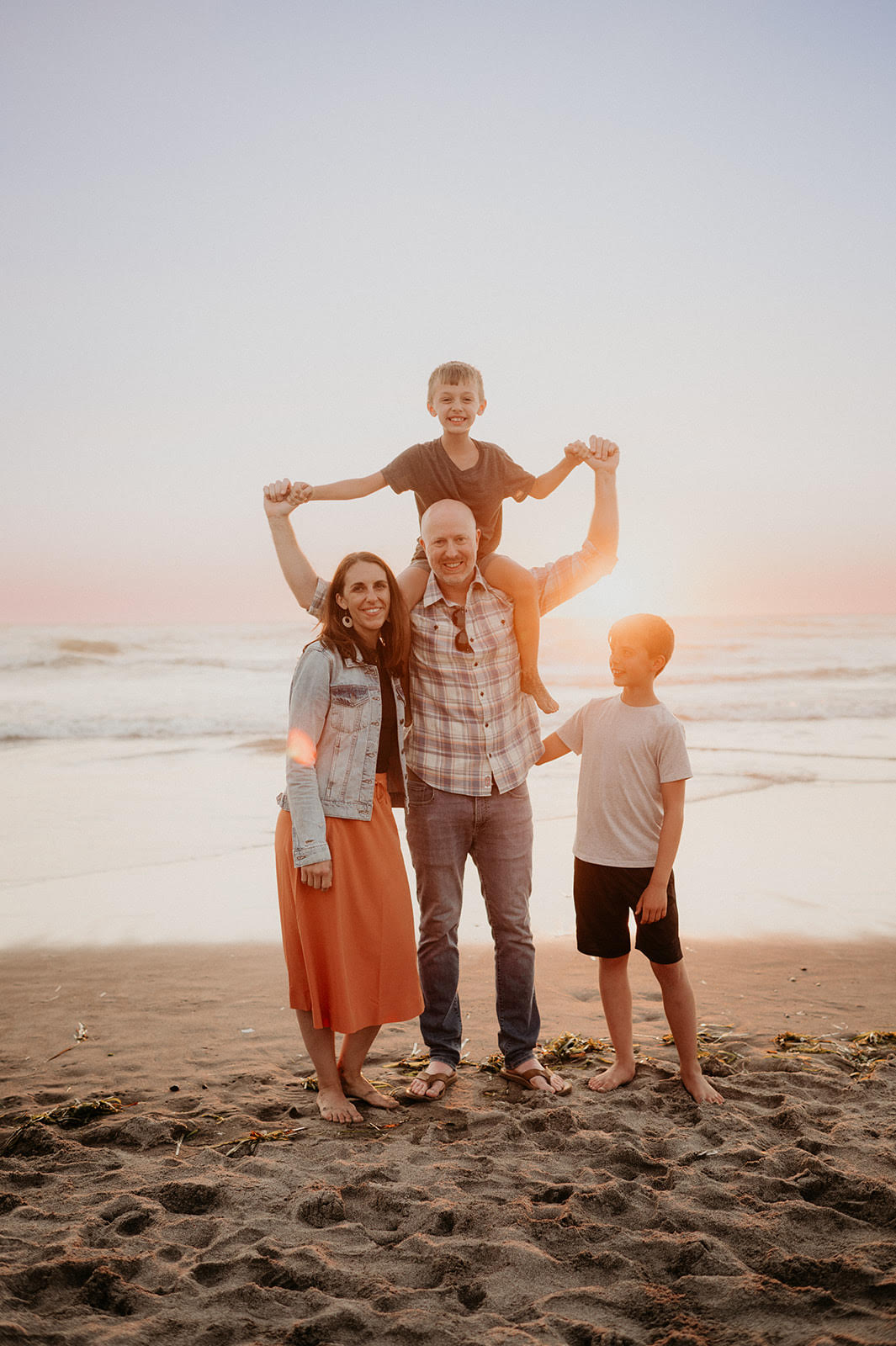
Our story began on a beach
As parents and lifelong beach lovers, we were devastated to learn the plastic we recycle does not actually get recycled. Instead, it ends up in landfills or rivers, and ultimately our precious oceans. Invisible microplastics are even in the water and food we feed our children. We wanted to help by reducing single-use plastics in our home, but it was impossible to find everyday products like toothpaste, shampoo and deodorant that weren't packaged in plastic. So we created Community Goods, for the good of all communities.
Our goal is simple:
Make it easy to reduce single-use plastics, by offering thoughtfully formulated products made of clean ingredients. So you can look good while doing good.
We are so excited to welcome you to the community!
Jamie & Molly, Founders
The problem with plastic
For decades I believed plastic was being recycled, so I felt okay about buying plastic bottles of water, or rinsing and recycling empty shampoo bottles. In truth, of the seven billion tons of plastic waste people have created, less than 10% has ever been recycled. The rest is still around, sitting in landfills or floating in our rivers and oceans. As it slowly breaks down over hundreds of years, more and more microplastics enter our water and food supply.
What is all that plastic doing to us?
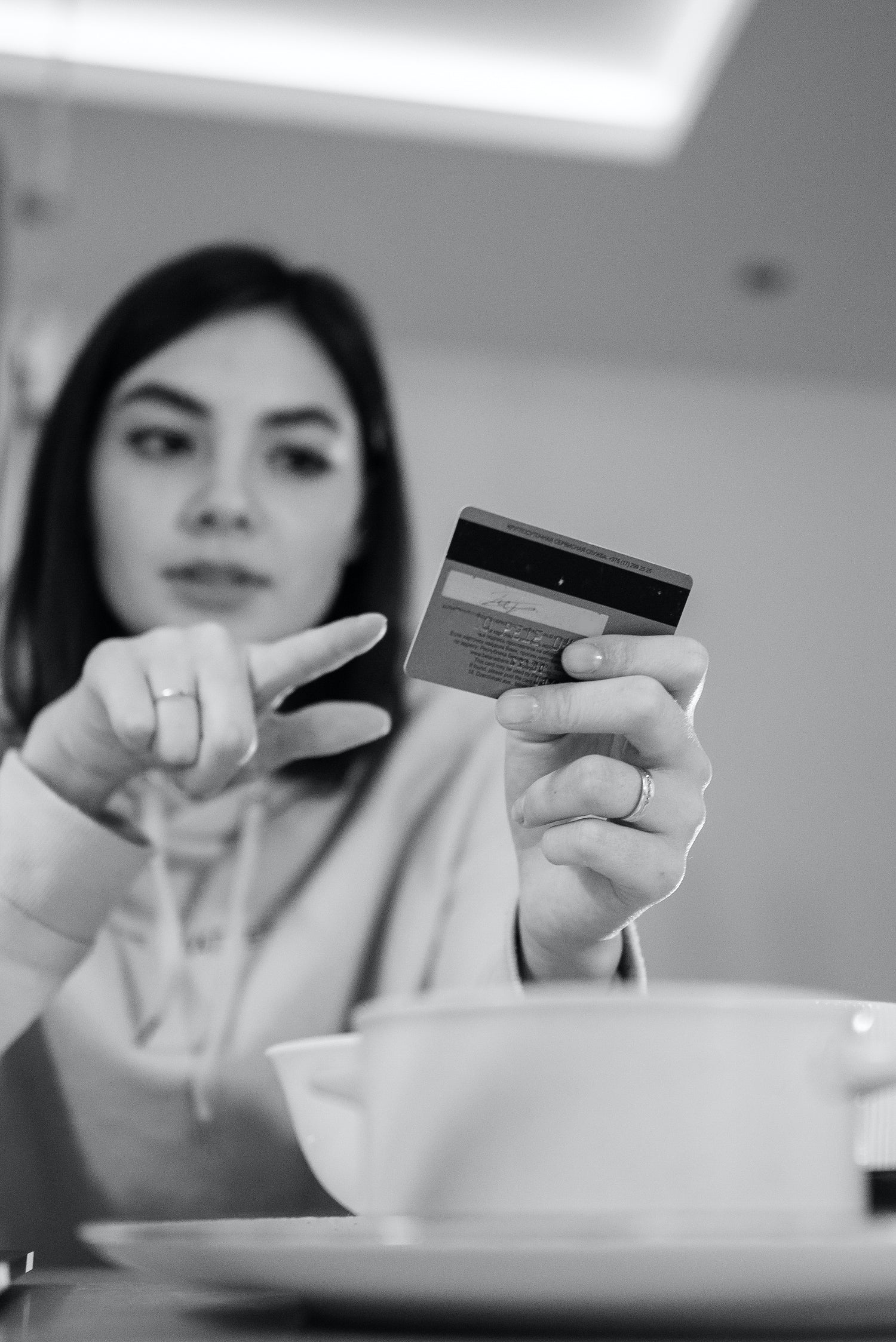
Eating a credit card
every week
A study published in 2019 by the World Wildlife Fund estimated humans ingest up to 5 grams of plastic per week. That's the equivalent of a credit card, hidden in your food and water.
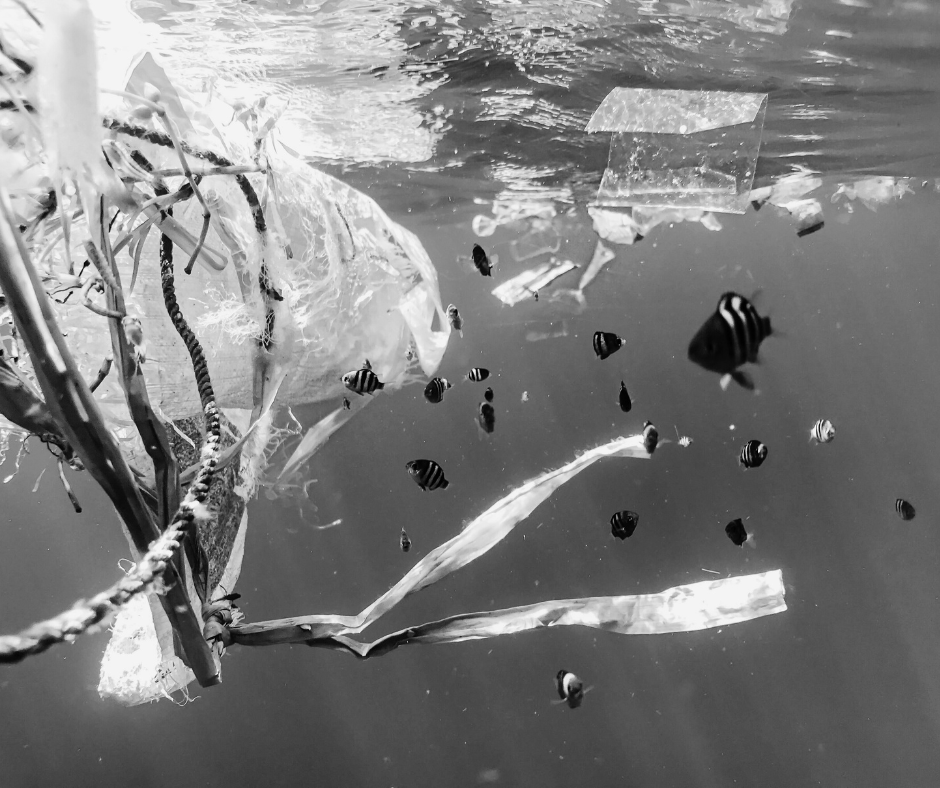
dumping a garbage truck
every minute
The United Nations found that everyday, the equivalent of 2,000 garbage trucks of plastic is dumped into our oceans. That's more than one garbage truck every minute.
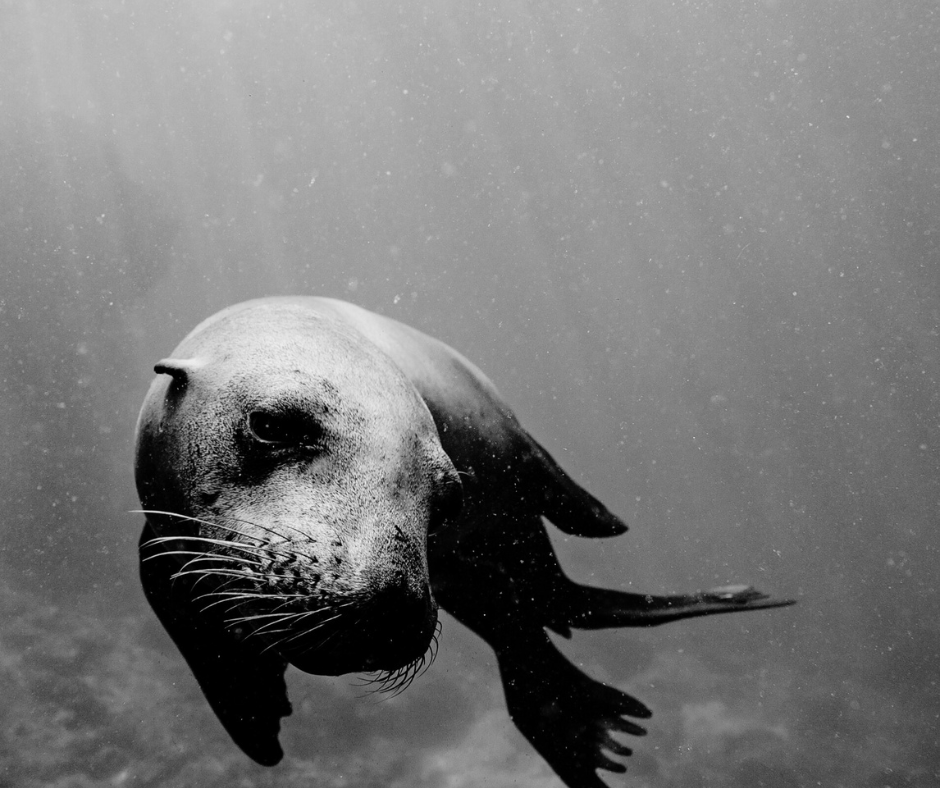
hurting wildlife
every day
Marine animals mistake microplastics for food or get entangled in discarded fishing nets. Sadly, this kills over 100,000 marine animals and approximately 1 million sea birds every year.
Together, we can fix this
By reducing our use of single-use plastics, we can stem the flow of plastic into our rivers and oceans. With a variety of products, all thoughtfully formulated with natural ingredients, we are making it easier than ever to look good while doing good. We believe this goal is attainable, because we believe in the power of community.
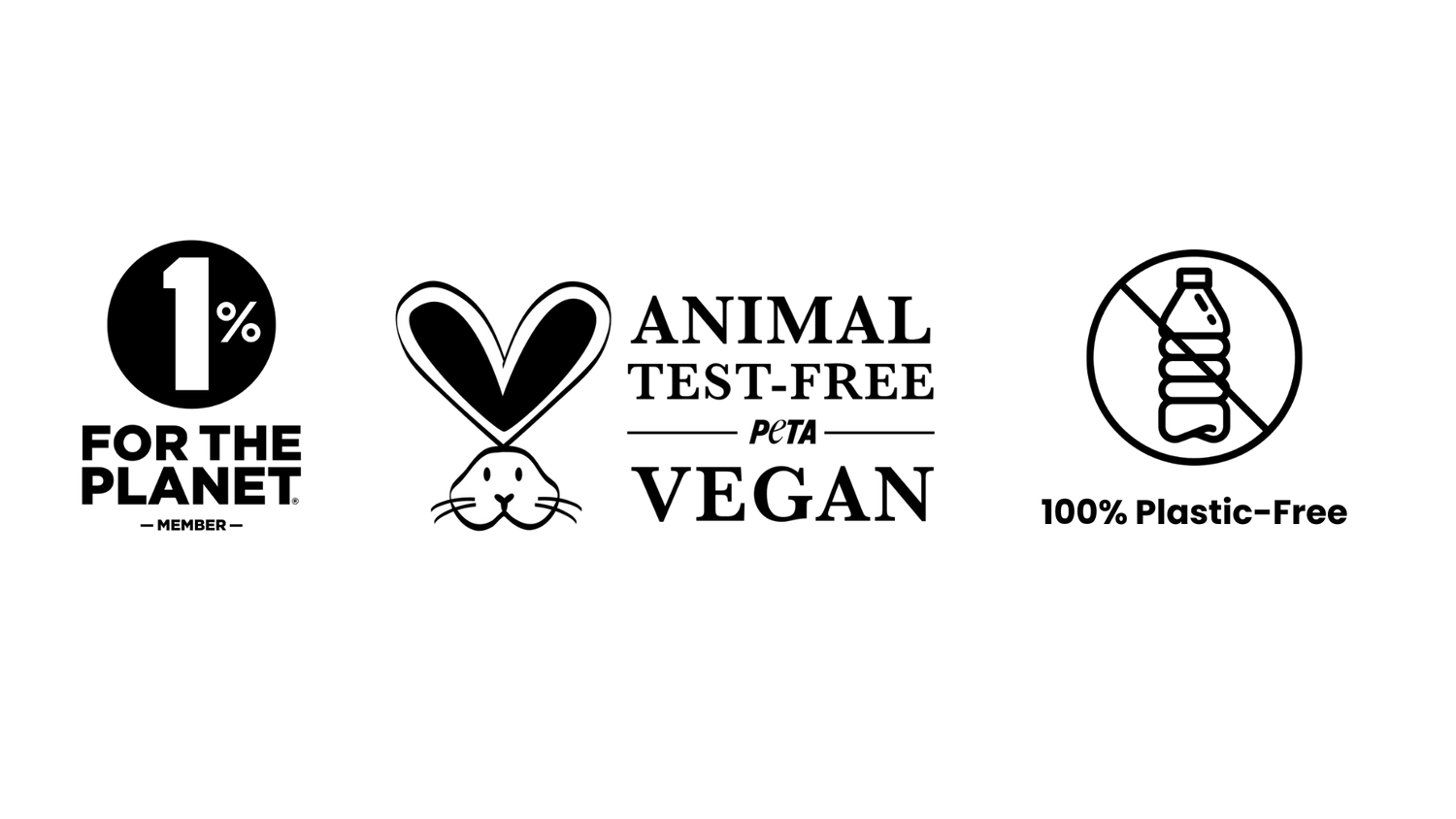
Different, From Day 1
To make a difference, we have to be different. That's why Community Goods has invested in sustainable, eco-friendly practices before selling a single product.
A Pretty Good Start..
-
Putting The Planet First
Before selling a single product, we joined 1% For The Planet, became PETA certified cruelty-free and vegan, partnered with EcoCart to provide carbon-neutral shipping, and set up ongoing donation programs to non-profits The Surfrider Foundation and The Ocean Conservancy. And we're just getting started.
-
Certified Cruelty-Free & Vegan
None of our ingredients or products are ever tested on animals, period. We also never use ingredients derived from animals. Instead, we utilize plant and mineral-based ingredients that provide a balance of effectiveness and sustainability. While this increases some costs, it's the right thing to do, and makes our 4-legged friends happy too.
-
Plastic-Free
Our products and packaging are 100% plastic-free. Instead, we use sustainable paper, cardboard, glass and aluminum - materials that actually get recycled and help create a circular economy. We have even gone as far as ensuring our paper packing tape is not reinforced with fiberglass because fiberglass contains, you guessed it, plastic.
